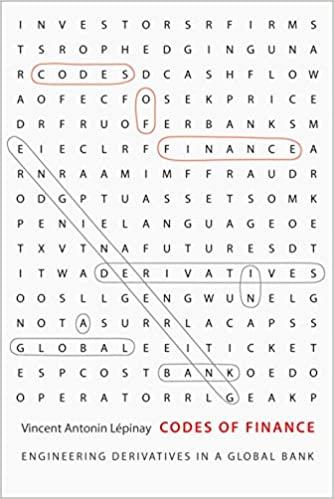Multiple Choice
1. The ABC Company expects stock prices to decrease. The current stock price is $96. The company purchases a put option, with exercise price of $93 and a premium of $3 per share. Assume instead that the stock price was $88 just before the expiration date. Should the investor exercise the put option or not? What will the total payoff per share be?
| A. | Do not exercise, total payoff = -$2 per share |
| B. | Do not exercise, total payoff = -$1 per share |
| C. | Exercise, total payoff = -$1 per share |
| D. | Exercise, total payoff = $1 per share |
| E. | Exercise, total payoff = $2 per share |
2. The XYZ Company expects stock prices to increase. The current stock price is $37. The company purchases a call option, with an exercise price of $40 and a premium of $2 per share. What is the minimum market price at which the investor should exercise the call option?
3. An investor would like to invest in stock market, but does not have sufficient funds for the next two months. Thus, the investor buys an S&P 500 futures contract with a September settlement date when the S&P 500 index is at the level of 1,700. By the settlement date, the S&P 500 index falls to 1,575. What is the investors profit or loss on the S&P 500 index futures in dollars?
4. For Put Options, the __________ the existing market price of the underlying financial instrument relative to the exercise price, the ____________ option premium.






